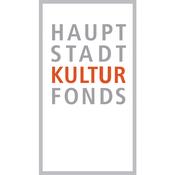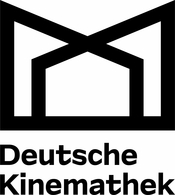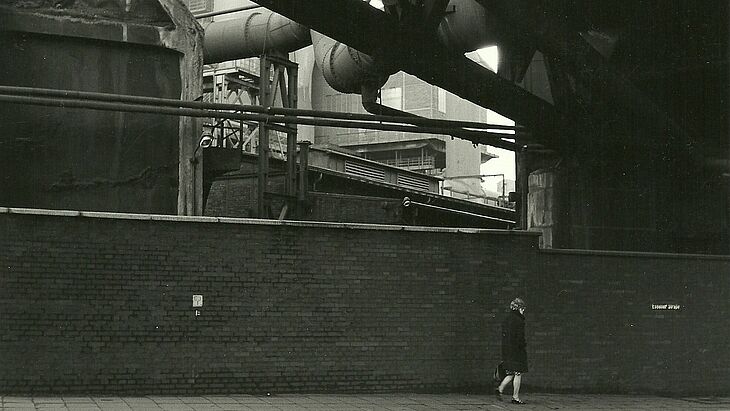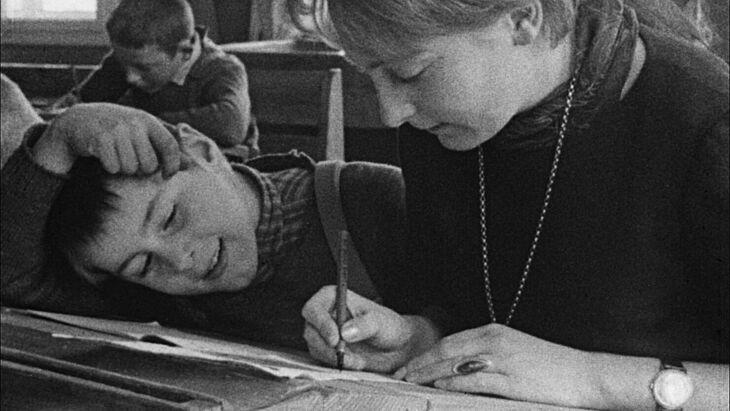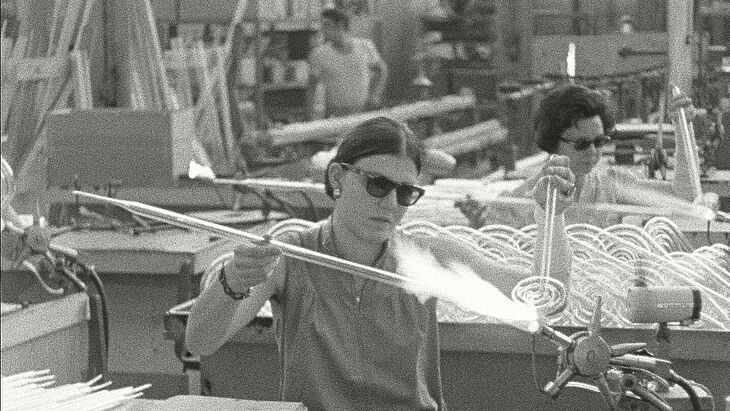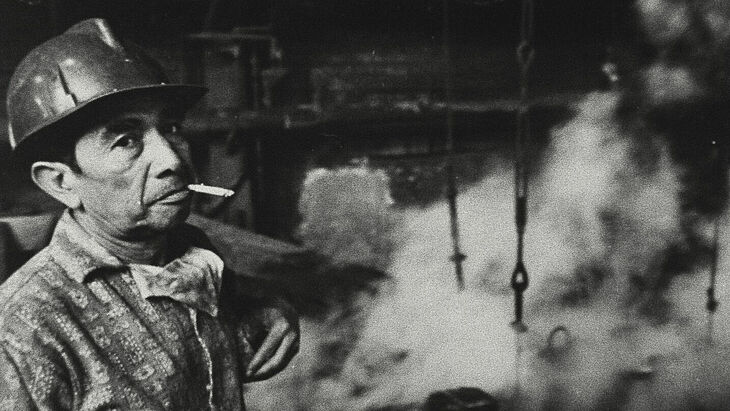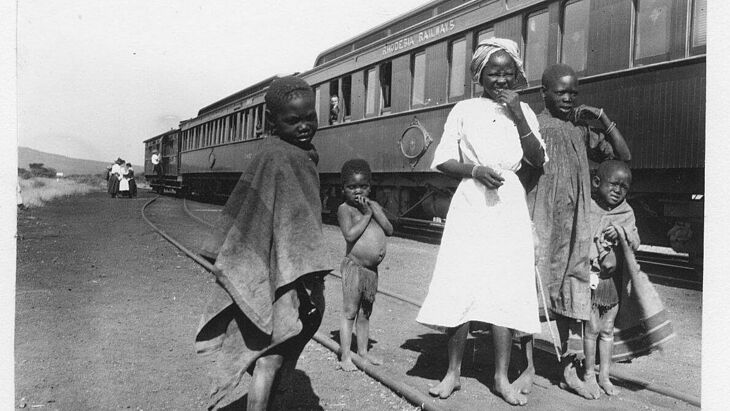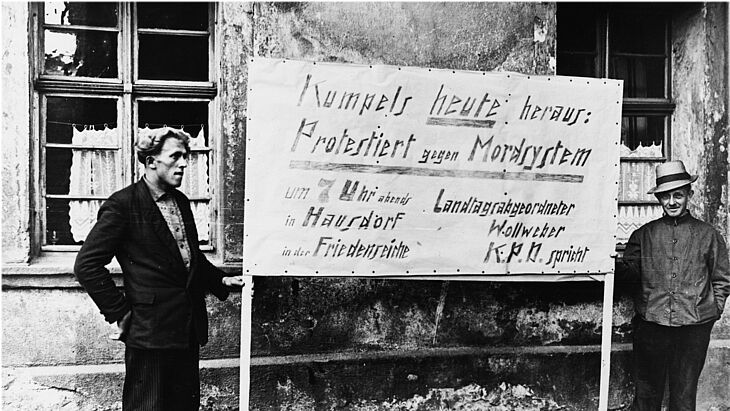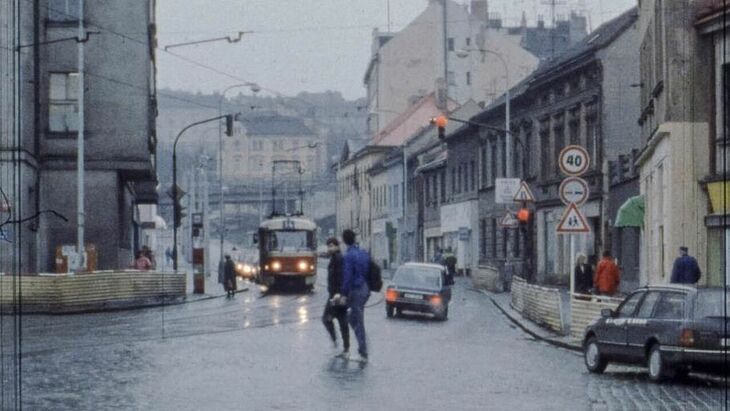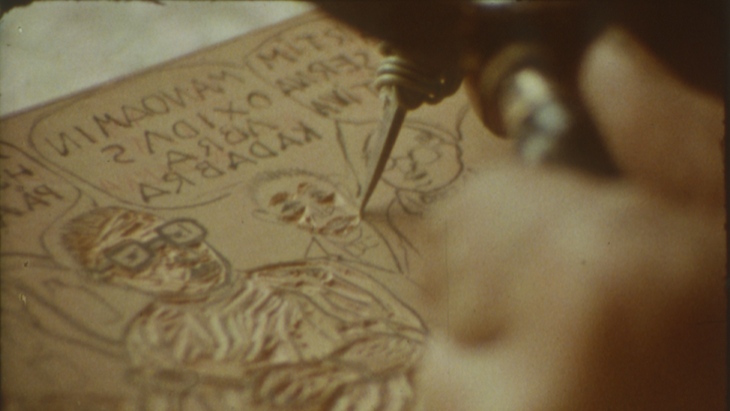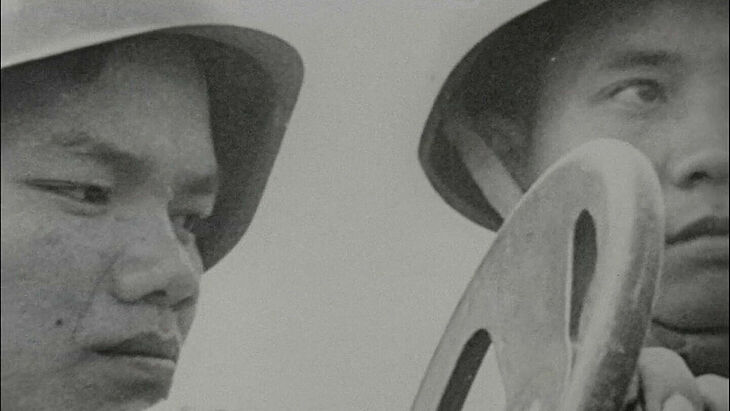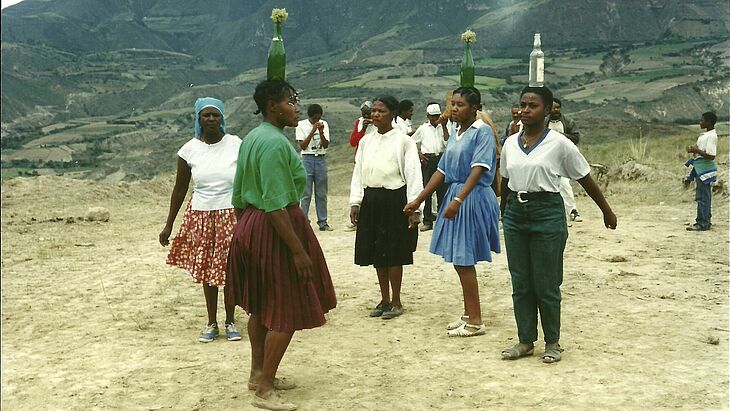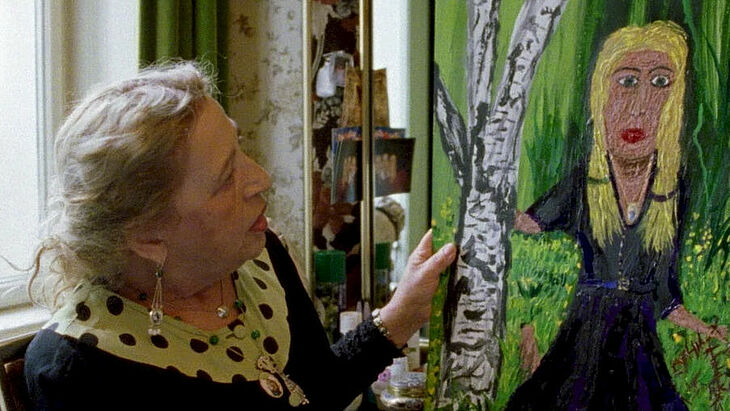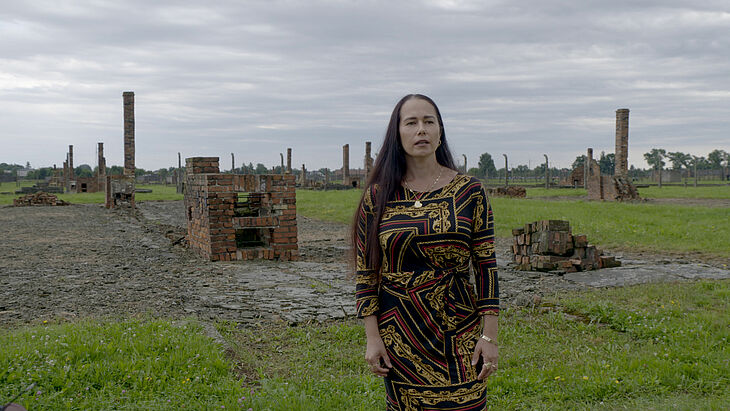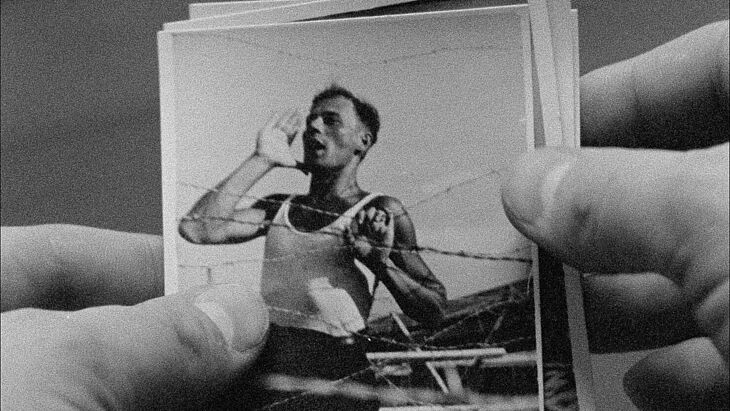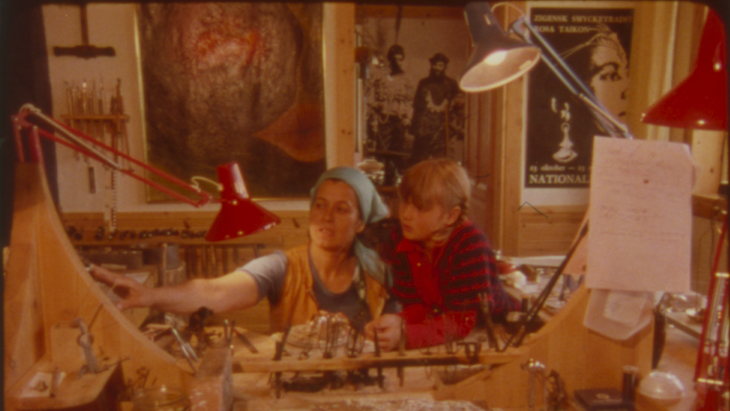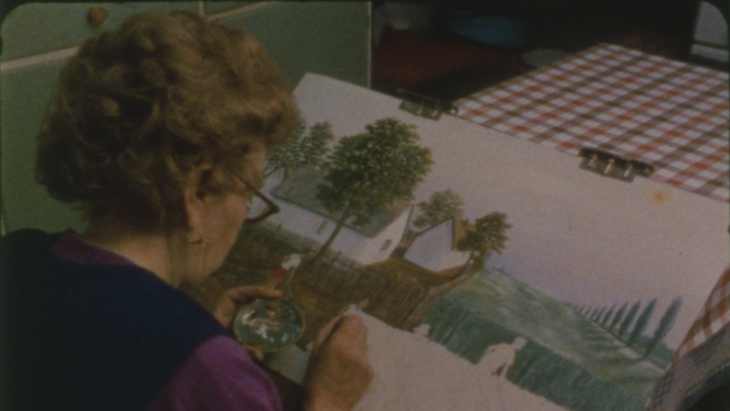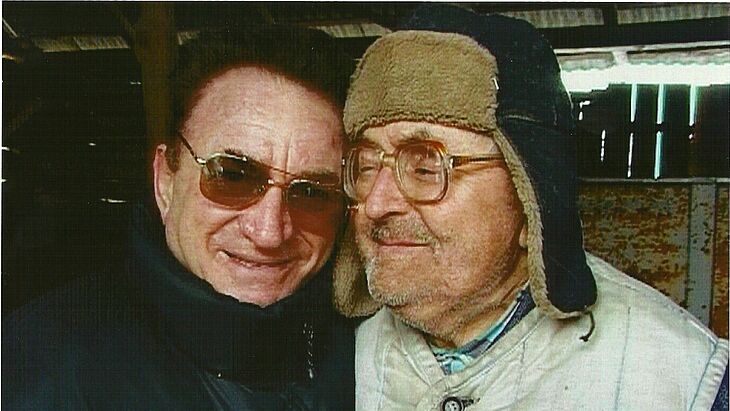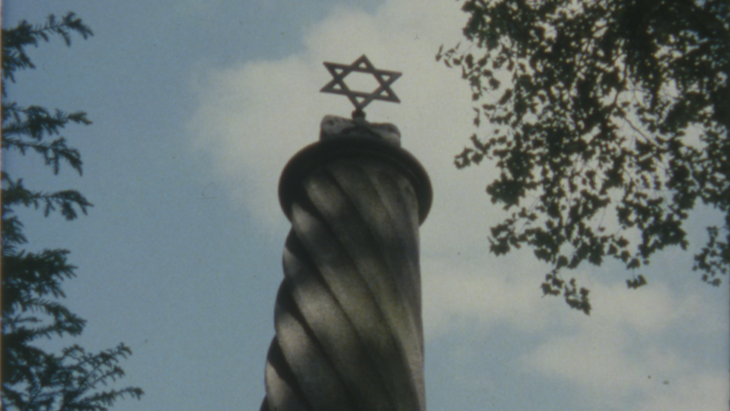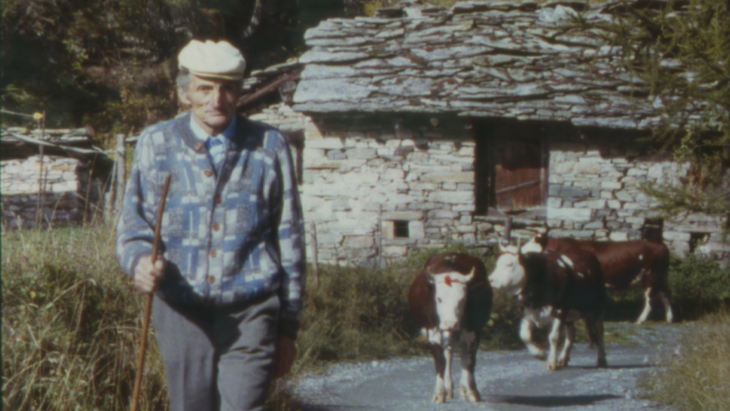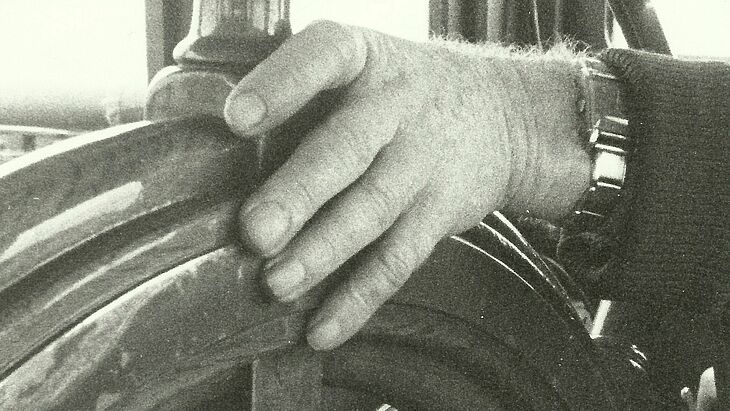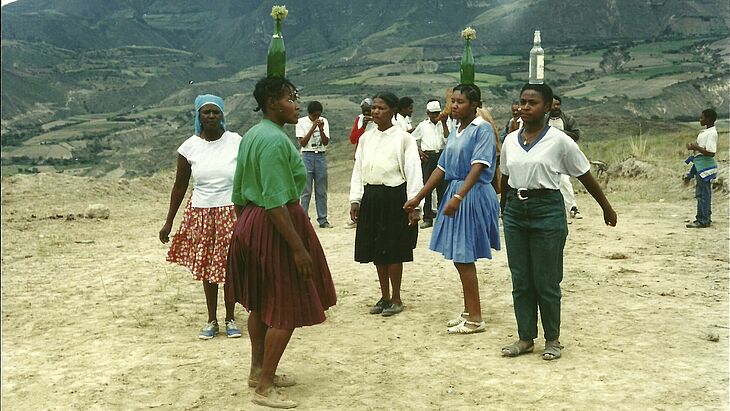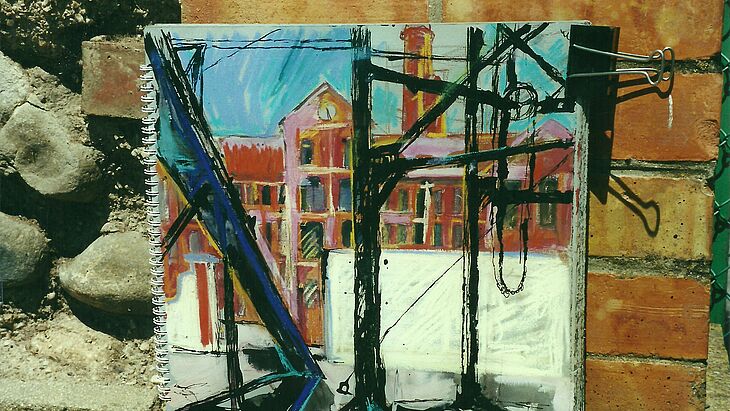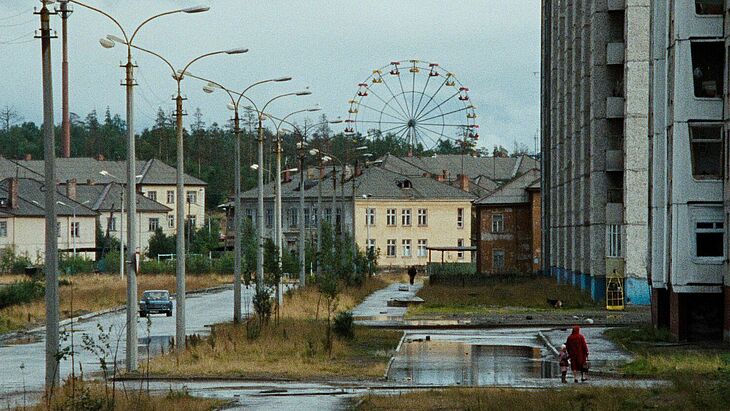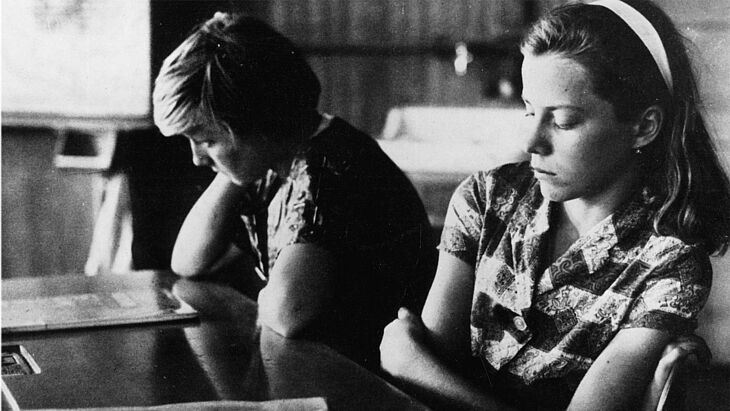Not reconciled
The documentary filmmaker Peter Nestler
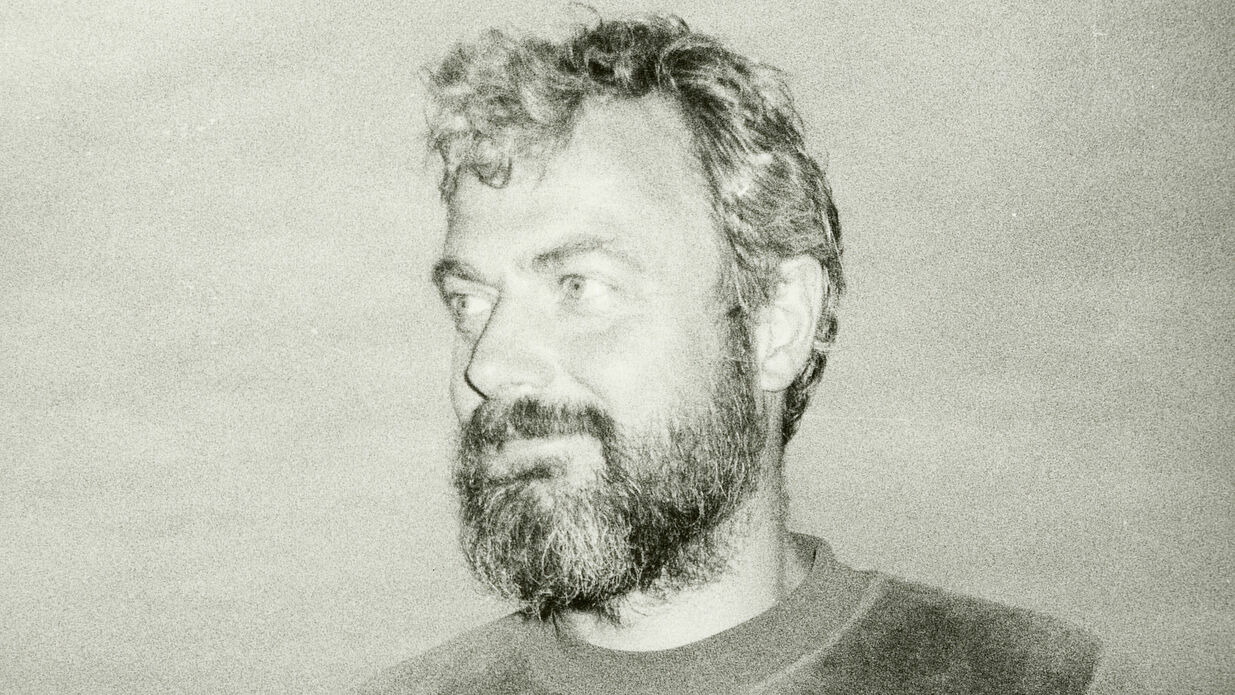
When Peter Nestler talks about the backbone of his films, he means their attitude. This sometimes inflationary term takes on a new meaning in the gesture of his works: it is not just about a mere political stance, but about something enduring, enduring through all storms. It is about filming what is and not what discourses prescribe. This attitude grows out of a very unique poetology of the documentary, which Nestler has developed over more than 60 years. It combines in-depth research with a precise, artless style, accompanied by concise, memorable words. The attitude develops into a resistant and sensual urgency that traces the injustices of history and the present.
In his documentary and educational films, Nestler explores various topics such as war, working conditions, exploitation and structural change, the destruction of nature through industrial intervention, anti-Semitism, antiziganism and, time and again, (neo-)fascism. They are films that are as uncomfortable as they are poetic. The recently deceased filmmaker Jean-Marie Straub once described Nestler as an "unreconciled filmmaker". Even in the 1960s, there was something out-of-time about the films, because they have a clarity directed towards external reality that seems like a foreign body in the cinema and in the documentary film mode of TV stations, which focuses on individualized, dramatized stories. An urgently needed alien body.
Nestler's commentaries do not explain, they reveal. This is what makes the films so rich and complex. The documentary filmmaker Hartmut Bitomsky once called Nestler a re-narrator, "the power that he communicates does not emanate from him, it goes through him from the things." (Filmkritik 9/1979). Nestler himself once quoted Bertolt Brecht in connection with his own work: "Digging out the truth from under the rubble of the self-evident, strikingly linking the individual with the general, capturing the particular in the great process, that is the art of the realists" - or the documentarists, one might add.
Nestler was born in Freiburg im Breisgau in 1937. As a young man, he signed on to cargo ships and experienced the consequences of colonialism overseas - an experience that shaped his political and social self-image. He financed his art studies in Munich by working in construction or as an actor in entertainment films. At the beginning of the 1960s, he made his first short documentaries about places and landscapes in which history and people have inscribed themselves. Commissions from public television stations followed until, after Von Griechenland (1965), he was accused of the film being "communist propaganda" - which was tantamount to being banned from working in Germany. Nestler then went into working exile in Sweden, his mother's homeland. Many of the films he made there revolved around work and history, with German history also continuing to have an impact on the films. They were mostly made in close collaboration with his wife Zsóka; he behind the camera, she with the microphone in her hand. Only since the 1990s has Nestler been able to work regularly in Germany again, until today. (Patrick Holzapfel, Frederik Lang)
More than 60 documentary films have been made over the decades, the majority of which can be seen in the retrospective curated by Frederik Lang and Patrick Holzapfel. The retrospective Not reconciled. The documentary filmmaker Peter Nestler is funded by the Capital Cultural Fund and is being held in cooperation with the Deutsche Kinemathek, which archives Peter Nestler's work.
